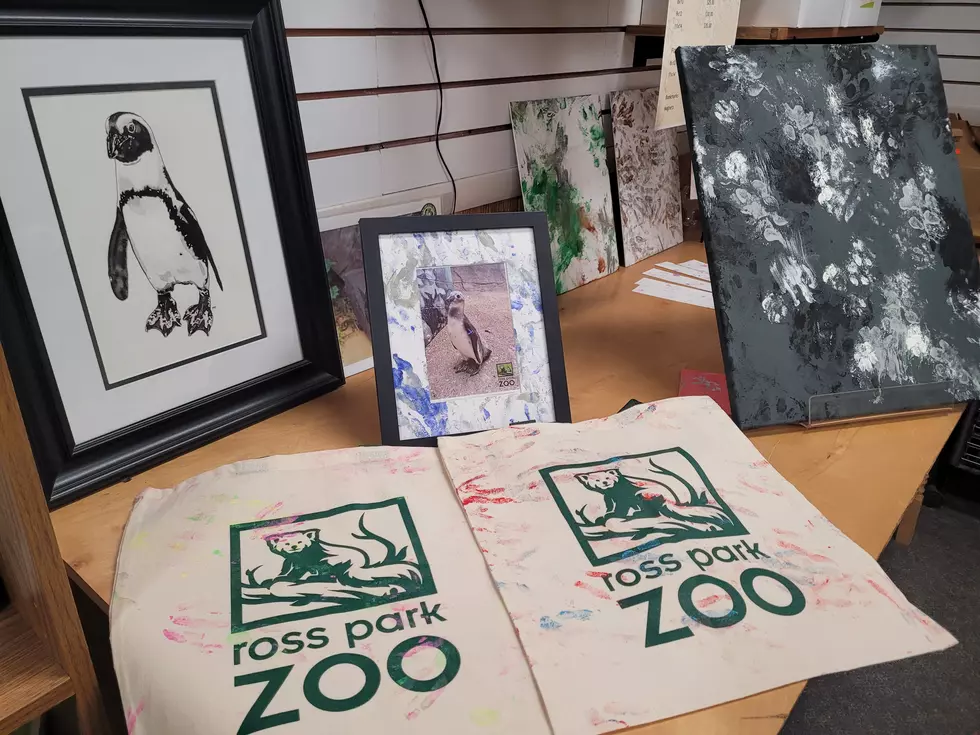![Things Kids Should Know But Don’t [VIDEO]](http://townsquare.media/site/497/files/2014/06/85369728-300x200.jpg?w=980&q=75)
Things Kids Should Know But Don’t [VIDEO]
I think this goes for most of us too. As technology progresses, we rely less on less on the resources around us and more on our devices.
Think about this, in an event where our electric grid is knocked out along the Eastern part of the country, we would have no electricity. None. that means no computers, tvs, xbox, chargers for mobile devices, microwaves. Well, you get it.
It would be very likely that cell towers would also become inoperable, either due to overwhelming traffic or outage.
So, what would we do? We couldn't use our credit cards, stores would be closed and we'd have no where to put our food. Help!
This is why we should know at least some of what our grandparents knew and is coming back in "style" with people choosing to "live off the grid." Here are some examples:
1. Canning. Canning food for the season was common 50 years ago. Most vegetables and sauces were preserved this way for future use. My friend is a pro at it and it is actually fun.
2. Cooking from scratch. We rely on restaurants and prepackaged food for most of our meals. Cooking from scratch is time consuming, but healthier and when there is no power: a lifesaver!
3. Sewing. No power means no sewing machine. Heck, most people should know this anyway! Do you know how much you would save by hemming and repairing your own clothes instead of sending it out or buying replacement clothes? I stink at sewing.
4. Walking. Long distances. When the power goes out, gas pumps don't work. That means we can't get gas and have to walk. Walking long distances sucks, but it may be something we have to do. I would cheat and use a razor scooter.
5. How to make a fire. My Dad knew this thanks to the Boy Scouts, but could you make one if need be? I am guessing the answer is nope! I know I can't! I guess we should work on that one regardless.
I guess we should be watching Survivorman, huh?

